Hong Kong’s Nepali youth problem reflects how it has failed the Gurkhas
Yonden Lhatoo condemns Sunday’s gang violence in Yau Ma Tei, but argues that the root causes of delinquency in the Nepali community have long been ignored
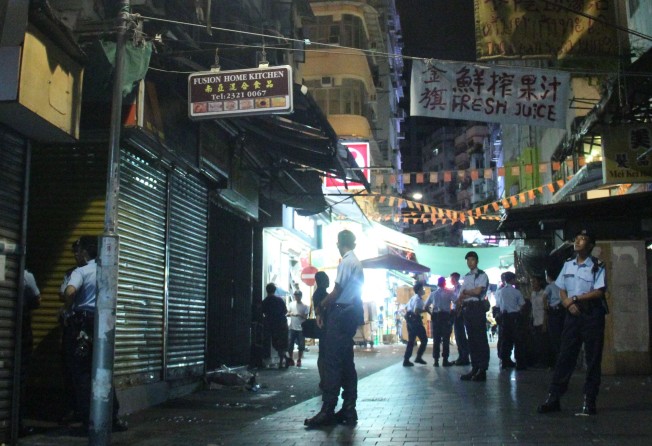
What is happening to Hong Kong’s Nepali youth? I’m getting asked that a lot after the Sunday morning gang fight in Yau Ma Tei which ended with police opening fire and wounding two young Nepali men.
I was stunned by footage of the incident that was posted online – not because of the shocking violence per se, but the fact that I was witnessing something so lawless and outrageous in a peaceful neighbourhood in Hong Kong. I’m used to it back at my old stomping grounds in South Asia, but not here in one of the safest cities in the world.
The footage shows a gang of men chasing down a lone member of another group in a Yau Ma Tei street, in full view of passers-by and residents starting to go about their business at dawn.
They corner him and lay into him with what appear to be the machetes we saw close-up later being taken away by police as evidence. They keep at it, ignoring a couple of patrolling policemen who have their weapons drawn, yelling at them to stop.
It ended with the officers firing four shots, sending two of them to hospital with bullet wounds. Three others were arrested two days later.
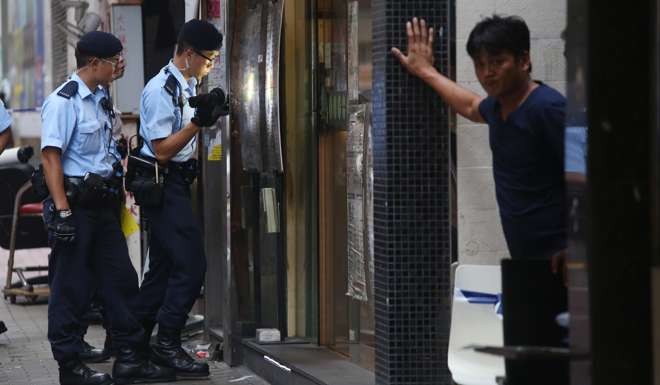
Let me put this brand of brazen street violence in perspective. These hoodlums are of the same ethnic stock as Gurkha soldiers, the famed fighting men from Nepal whom the British Army employed in Hong Kong during colonial days. Their fearlessness and ferocity is the same, but the difference is they have lost their moral compass.
Nepali community leaders are genuinely worried about what youth crime and delinquency is doing to the reputation of this ethnic minority group that once enjoyed so much respect here.
It doesn’t help that the changing public perception of the Gurkha from guardian to goon is, to quite an extent, perpetuated by distorted media reports. But look at what happened in Yau Ma Tei and you can see why the Chinese-language media increasingly portray Nepalis as the “most violent” among the city’s ethnic minorities.
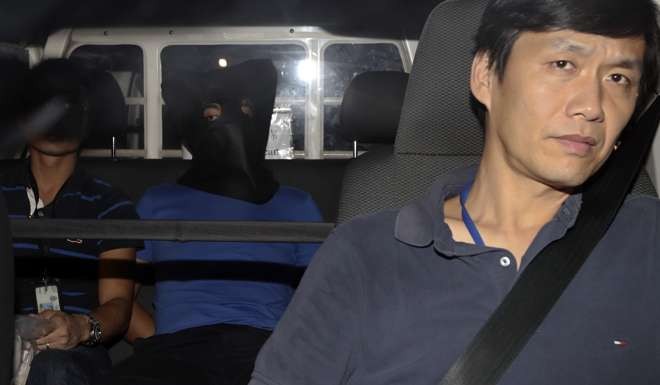
On the flip side, there is real discrimination. The pariah treatment starts with visa denials for Nepali nationals trying to come in and ends in alienation for many who settle down here. The big language barrier cripples their ability to integrate, and being looked upon as a poverty-ridden problem demographic dissuades them from even trying to fit in. An estimated 30,000-40,000 Nepalis live in Hong Kong, although the actual numbers will be higher if you also count ethnic Nepalis with Indian passports.
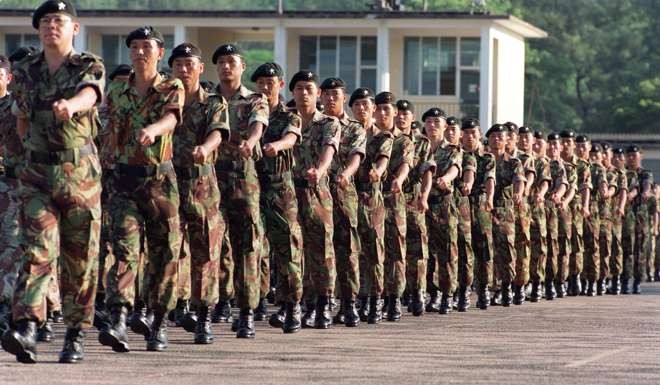
The Gurkhas were pretty much left high and dry when the British closed their military barracks and pulled out of Hong Kong in 1997.
This city, in turn, has failed them by forgetting their part in Hong Kong’s history, and allowing their younger generations to slide unchecked into the morass of ghettoisation that so many of our ethnic minorities are mired in.
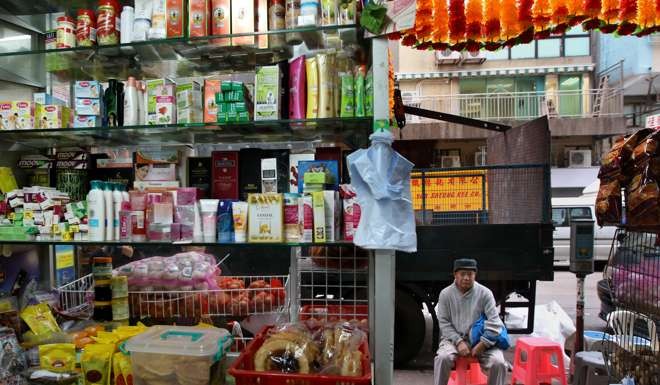
Social workers and concern groups trying to help them have long complained about the lack of concrete and committed government policy in this regard.
We have no minister in charge of ethnic minority affairs. Everyone and their mum is represented in our legislature – from fishermen to taxi drivers and cloth merchants – but ethnic minorities? I guess it’s too much to ask.
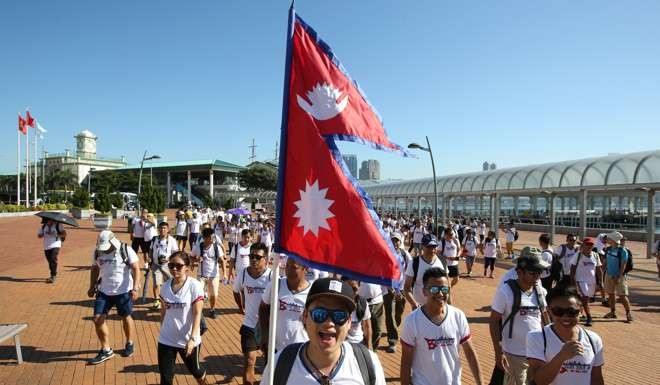
So here we are, with people asking what’s happening to Hong Kong’s Nepali youth. My answer is: nothing much, really; there are thousands who work hard and are upstanding citizens, while others are behaving terribly and giving everyone else a bad name.
The more important question is: why don’t we tackle the root of the problem? Because, right now, it feels like shoot first and ask later.
Yonden Lhatoo is a senior editor at the Post